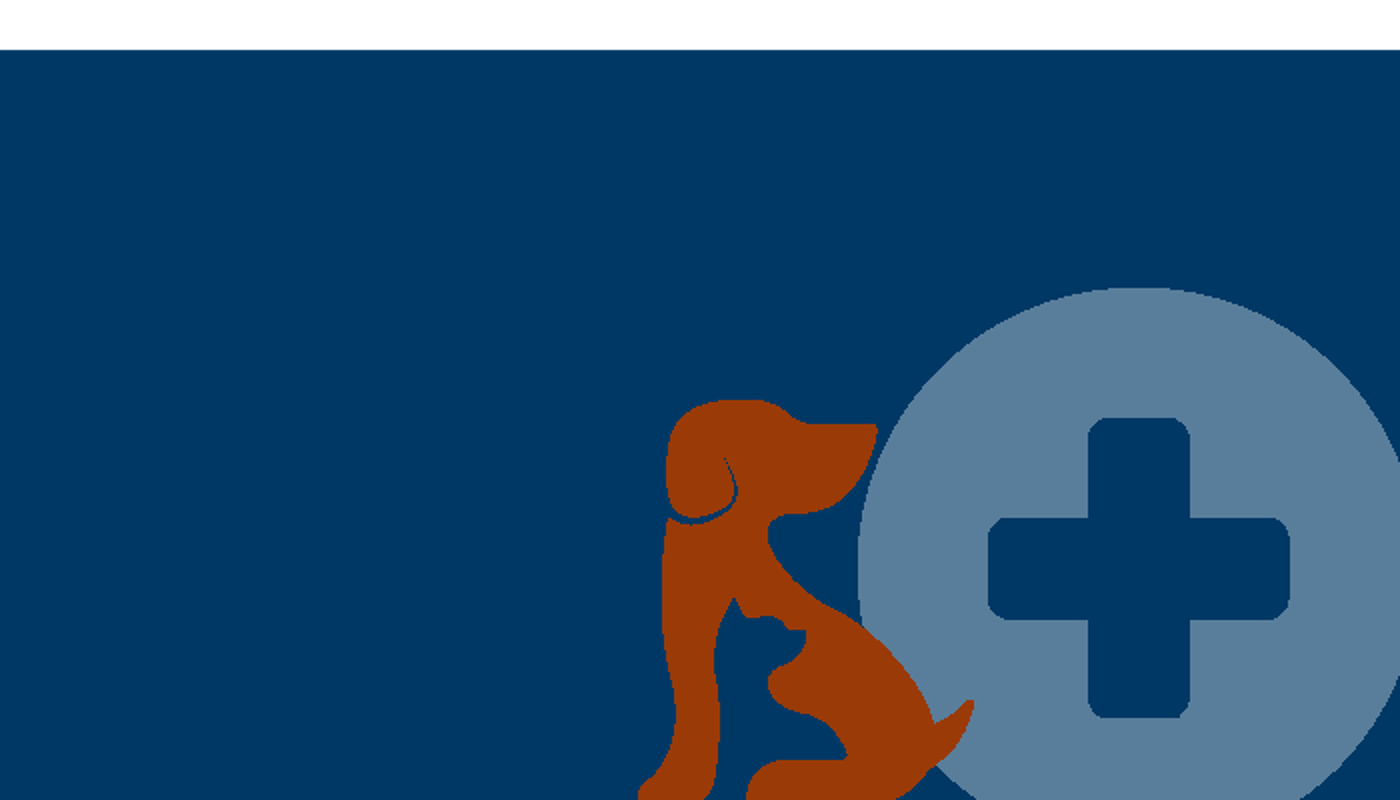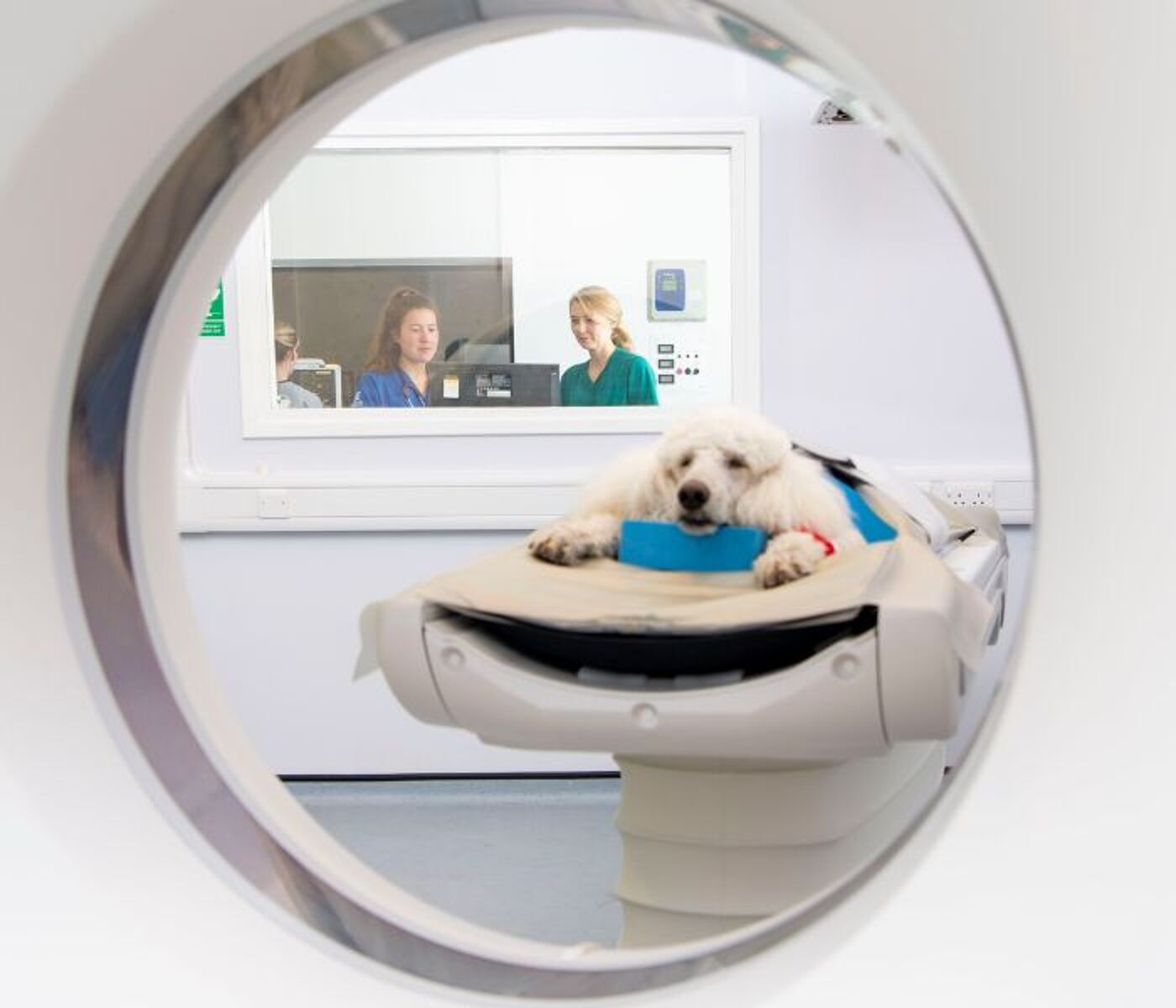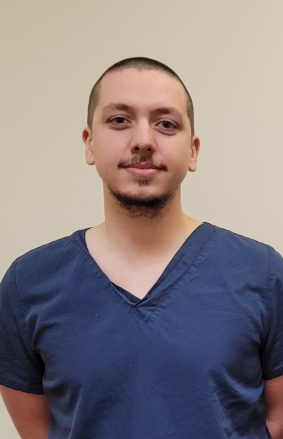
The Small Animal Hospital Internal Medicine Service is responsible for investigating, diagnosing and treating diseases of the internal organs.
How we can help
Every case that is referred to us is under the direct supervision of one of our Internal Medicine Specialists who uses cutting edge techniques and expert knowledge to achieve the best possible outcome for your pet. We offer comprehensive consultation and support in the treatment and diagnosis of your pet.
State of the art facilities
to offer radio-iodine treatment for feline hyperthyroidism
for Radio-iodine therapy
Every case is handled by Specialist Vets
STATE OF THE ART FACILITIES
Our Internal Medicine department is home to state of the art equipment so you can rest assured that your pet is in safe hands. Some of the techniques utilised by this service includes (but is not limited to):
- Digital radiography and doppler ultrasonography
- Advanced imaging (CT, MRI, videofluoroscopy)
- Radioiodine therapy for feline hyperthyroidism

NEW Diabetic Clinic for Dogs and Cats
We are delighted to announce that the Glasgow Diabetic Clinic has been launched. We are now accepting clinically stable diabetic dogs and cats for monitoring using basic and advanced tools as needed. We welcome newly diagnosed and long-term patients.
The clinic is run by specialists in Small Animal Internal Medicine with a particular interest in diabetes mellitus. Consults (45 minutes) will take place on Saturday mornings and include assessment of clinical control, blood and urine tests followed by adjustment of diabetic control as needed. We aim to support our patients’ diabetic control and quality of life on a long-term basis. We will also help deal with any complications you may see with this common condition
Please find more information in our FAQ-sheet for owners and referring veterinarians or contact diabetic_pet_clinic@glasgow.ac.uk .


Radio-iodine Unit
The Small Animal Hospital Radio-iodine Unit at the University of Glasgow was the first in the UK to offer radio-iodine treatment for feline hyperthyroidism and continues to be one of the most active units. Feline hyperthyroidism is a complex condition and we understand it can be worrying and frustrating for owners to go through with their cats, radio-iodine treatment is generally the best treatment for feline hyperthyroidism. Our success rate is 95% on the first injection and, if a second injection is needed, our success rate is 100% on second injection.
When can radio-iodine treatment be used?
We have a very low complication rate for our radio-iodine therapy. Radio-iodine is suitable for most hyperthyroid cats but not all. Cats with other serious diseases who cannot be isolated for 2 to 3 weeks would be liable to further complications. We are able to treat 2 cats a week. We offer a one stop shop service (cats come to us and get the injections in one visit, rather than having to come back weeks later for the injection).
What happens at consultation when my cat is referred for radio-iodine therapy?
An initial consultation will explain treatment options to owners. A blood sample will be taken to check thyroid and kidney status. The dose of I-131 is calculated using the thyroxine results and can then be given after 2 or 3 days acclimatisation and observation, providing the cat has not received any carbimazole (Vidalta) or methimazole (Felimazole or Thyronorm) for at least 2 weeks. The cat will be isolated for 2 to 3 weeks after the injection during which time only minimal handling (cleaning and feeding) will be allowed.
After 14 days the cat is discharged from the hospital. A blood sample is taken for thyroid and kidney measurements. A letter will be sent to your practice at this stage confirming the success of treatment.
What does it cost?
The total estimated cost of this treatment is £2700 - £3500.
What are the benefits?
Average survival is 4 years post injection (compared to an average of 2 years with anti-thyroid drugs).
Requirements for referral
Please complete the online referral form detailing history and clinical signs. A thyroid and renal profile is strongly advised before referral.
Meet the team
Alison Ridyard BVSC DSAM DIPECVIM-CA MRCVS
European Recognised Specialist in Small Animal Internal Medicine
Alison graduated from the University of Bristol in 1992 and spent six years in general practice before moving to the Dick Vet (University of Edinburgh) in 1998 to undertake a residency in Small Animal Internal Medicine.
She remained at the Dick Vet as Lecturer then Senior Lecturer in Small Animal Internal Medicine, latterly running the ICU and Emergency Medicine Service. She moved to the University of Glasgow in October 2014 to take up a position as Senior Clinician in Small Animal Medicine.
Alison is a European and RCVS Specialist in Small Animal Medicine and is interested in all aspects of internal medicine.

Ian Ramsey BVSC PHD DSAM FHEA DIPECVIM-CA FRCVS
European Recognised Specialist in Small Animal Medicine
Ian joined Glasgow University in 1998 and has been the Professor of Small Animal Medicine at since 2009.
He has published in the fields of infectious diseases, endocrinology and neurology but is interested in all aspects of small animal medicine. In 2015 he was awarded the BSAVA Woodrow Award for his contribution to small animal medicine. In 2016 he became of Fellow of the RCVS.
Ian is a Royal College of Veterinary Surgeons and European Recognised Specialist in Small Animal Medicine.

Patricia Ward DIPECVIM-CA MRCVS
European Specialist in Small Animal Medicine
Trish graduated from University College Dublin in 2009. She spent two years working in small animal practice, before completing an internship at the Small Animal Hospital in 2012, followed by an Internal Medicine residency at Dick White Referrals in Cambridgeshire. Trish had enjoyed her time at Glasgow University so much, that she returned to work with us as a Clinician in Small Animal Medicine in 2016.
She is a European Recognised Specialist in Small Animal Medicine. She enjoys all aspects of internal medicine, particularly endoscopy and hepatic disease.

Margaux Kuijlaars DVM(Hons) MVM dipECVIM-CA MRCVS
European Veterinary Specialist in Internal Medicine
Margaux graduated from the University of Ghent in Belgium in 2011, after which she spent four years working in small animal practice in the Netherlands. She soon developed a special interest in all facets of internal medicine, and it is this passion that brought her to the University of Glasgow.
She joined the University Small Animal Hospital in February 2016 as a rotating intern and obtained her European Diploma in Small Animal Internal Medicine in 2022. Although still passionate about all aspects of internal medicine, she has developed a special interest in gastro-enterology.

Dr Anna Lena Kraemer Dipl. ACVIM (SAIM) MRCVS
Specialist for Amall Animal Internal Medicine
Anna graduated from the University of Giessen in Germany in 2015, after which she spent three years at the Clinic for Small Animals Giessen before moving to Switzerland where she worked for five years in Internal Medicine at Zurich University and completing her residency of the American College of Veterinary Internal Medicine.
Anna joined the University of Glasgow in March 2023 as a Small Animal Internal Medicine Specialist with a particular interest in endocrinology and haematology.

Anais Farges DVM MRCVS
Resident in Internal Medicine
After graduating from the University of Toulouse in 2012, Anais worked 8 years in a mixed practice in the South-West of France. She became more and more interested in Small Animal Internal Medicine. In 2017, she went back to the University for a few weeks to pass an advanced degree of veterinary haematology and clinical pathology. Between 2018 and 2020 she also was a vet firefighter.
In September 2020, she moved to Scotland to start a 12-month rotating internship at Veterinary Specialist Scotland. She joined the Small Animal Hospital at the end of September 2021 as a Junior Clinician in Internal Medicine and intends to become a resident in the same discipline.
Outside of work Anais can be found spending most of her time outdoors, running or hiking, with her dog Mordor. And when the weather is really bad, she takes to baking!

George Smith
Clinician in Internal Medicine and ECC

Laura Espada Castro
Resident in Internal Medicine

Nuno Sousa Santos MRCVS
Resident in Internal Medicine
Ermioni Kyriakopoulou
Resident in Internal Medicine
Ermioni Kyriakopoulou graduated from Aristotle University of Thessaloniki, Greece in 2019. Since then she worked in a busy first line practice in Limassol, Cyprus and after completing an Internal medicine internship at Aristotle University of Thessaloniki and a rotating Internship at Evidensia’s Hospital Hart van Brabant, Waalwijk, Netherlands. Ermironi is currently studying towards ESAVS Internal Medicine Certificate. Internal Medicine has always been her passion, while she has greatest interest in gastroenterology. Besides working, she enjoys spending free time with her family and friends, traveling, go for hiking and long walks with her dog.

Susan McKenzie
Registered Veterinary Nurse
Susan qualified as an RVN in 2013 after which she spent a brief period in First Opinion practice and Emergency OOH. She joined the team at Glasgow Small Animal Hospital as a rotating nurse in 2013, but quickly developed an interest in Internal Medicine, becoming a member of the Internal Medicine Team in 2016. She has continued to develop her knowledge and skills obtaining her Certificate in Emergency and Critical Care in 2019. Other responsibilities include Radiation Prevention Supervisor and Clinical Supervisor to the Student Nurses.
Her role within the hospital has seen her take an active involvement in the mentoring,coaching and assessment of students, both nursing and veterinary, a role that she thoroughly enjoys. She is a keen advocate for the students within the hospital and as a Learning Environment Champion, supports and helps the students to gain the experiences they need to achieve their goals.

Kathryn Conroy
Registered Veterinary Nurse
Kat started working at the University of Glasgow’s Small Animal Hospital in 2018 as an Animal Care Assistant. After 2 years, she enrolled in the Veterinary Nursing course and became an RVN in May 2023. Kat has always had a particular interest in Internal Medicine and was able to begin working for the service shortly before she graduated. For her, Internal Medicine, is such a varied area of the hospital to work in and allows her to continue to gain general experience as a newly qualified nurse, whilst being able to focus on her particular areas of interest – endocrinopathies, infectious diseases, endoscopy, nephropathies and hepatopathies.







